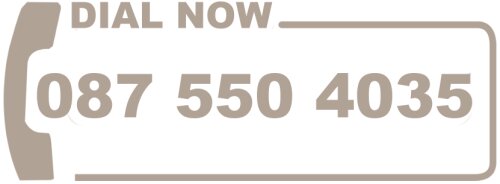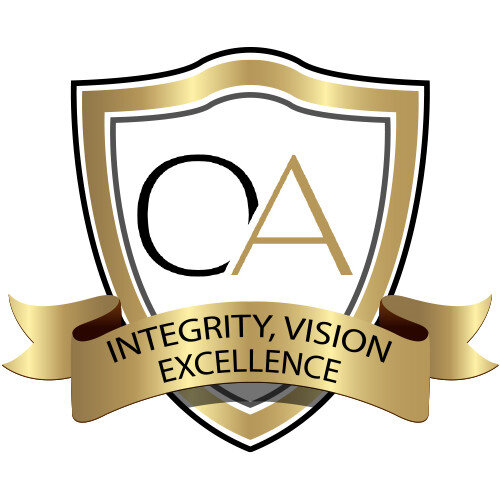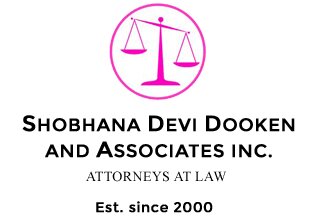Best Class Action Lawyers in Durban
Share your needs with us, get contacted by law firms.
Free. Takes 2 min.
List of the best lawyers in Durban, South Africa
About Class Action Law in Durban, South Africa
In Durban, South Africa, Class Action Law is a form of lawsuit where a large group of people collectively bring a claim to court. This typically occurs when the group has suffered the same or similar injuries or damages from the same product or action. It helps in distributing the high costs of litigation among several plaintiffs, making the legal process more efficient and feasible for individuals who might not afford to litigate on their own.
Why You May Need a Lawyer
If you believe you have suffered harm as part of a large group due to a product, action, or policy, you may need a class action lawyer. Common situations include faulty products, environmental disasters, deceptive business practices, workplace discrimination, and more. A lawyer can help determine whether your case is viable for a class-action lawsuit. They can also guide through the complex legal landscape, which involves specific procedures and regulations.
Local Laws Overview
Class Action in Durban operates under the South African Law which, importantly, does contain the provisions for class actions in Section 38(c) of the Constitution and Rule 23 of the Uniform Rules of Law. However, the procedure is not well-defined and often takes guidance from the United States and other jurisdictions. Due to the complexity and significance of Class Action suits, it's critical to understand and comply with the relevant local laws.
Frequently Asked Questions
What is the procedure for initiating a Class Action lawsuit in Durban?
The procedure is complex and often requires the counsel of a lawyer. Initially, a representative plaintiff is required to move the court for certification of class action. The court will then evaluate if the case meets certain threshold requirements to proceed as a class action.
What are the advantages of a Class Action lawsuit?
Class Action lawsuits allow individuals who might not be able to afford individual litigation to seek redress. They also increase efficiency by handling similar claims together rather than through numerous individual lawsuits.
What types of compensation can be sought in a Class Action lawsuit?
The types of compensation vary depending on the nature of the case. They generally include damages, restitution, and, in some cases, punitive damages.
How long does a Class Action lawsuit take?
The duration of a Class Action lawsuit could range from a few months to several years. It greatly depends on the complexity of the case and various procedural elements.
Will I need to appear in court for a Class Action lawsuit?
Typically, in a Class Action, most individuals who are part of the class do not need to appear in court. The appointed class representative(s) and the attorneys usually handle court appearances.
Additional Resources
You may find more useful information on class action litigation from South Africa's Law Reform Commission, local law libraries, and university law faculties. In addition, several non-profit legal aid institutions such as Legal Aid South Africa and ProBonoMatters may provide assistance.
Next Steps
If you think you might have a class action case, the next step is to consult with a class action lawyer. They can guide you through the initial process of determining whether a class action lawsuit is viable and the subsequent procedural steps. Remember, the process can be complex and requires expert guidance.
Lawzana helps you find the best lawyers and law firms in Durban through a curated and pre-screened list of qualified legal professionals. Our platform offers rankings and detailed profiles of attorneys and law firms, allowing you to compare based on practice areas, including Class Action, experience, and client feedback.
Each profile includes a description of the firm's areas of practice, client reviews, team members and partners, year of establishment, spoken languages, office locations, contact information, social media presence, and any published articles or resources. Most firms on our platform speak English and are experienced in both local and international legal matters.
Get a quote from top-rated law firms in Durban, South Africa — quickly, securely, and without unnecessary hassle.
Disclaimer:
The information provided on this page is for general informational purposes only and does not constitute legal advice. While we strive to ensure the accuracy and relevance of the content, legal information may change over time, and interpretations of the law can vary. You should always consult with a qualified legal professional for advice specific to your situation.
We disclaim all liability for actions taken or not taken based on the content of this page. If you believe any information is incorrect or outdated, please contact us, and we will review and update it where appropriate.

















